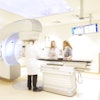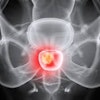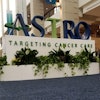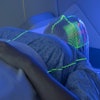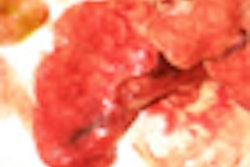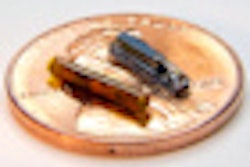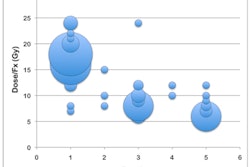Scientists at Washington University School of Medicine in St. Louis have shown that ingesting probiotic bacteria before undergoing radiation therapy can protect healthy tissue in the intestine from radiation.
The research study, conducted with mice, was designed to determine if probiotic bacteria could function as a radioprotective agent for the small intestine epithelium. Results were published online October 24 in Gut.
A team led by Dr. William Stenson, professor in gastroenterology and inflammatory bowel disease, gave 8-week-old mice a probiotic for three days before exposing them to 12 Gy of whole-body radiation. The group evaluated the mice's intestines for cell-positional apoptosis six hours later and crypt survival 3.5 days later.
The researchers determined that the probiotic, Lactobacillus rhamnosus GG (LGG), or its conditioned medium reduced radiation-induced epithelial injury and improved crypt survival.
Previous studies conducted by the group had determined that in the large intestine, cells that make cyclooxygenase-2 (COX-2), a key component in inflammation, migrate to sites of injury and assist in repair. In the new study, the group evaluated that response in the small intestine.
"We found that COX-2-expressing cells could migrate from the lining to the crypt area of the intestine, where new epithelial cells are made," explained lead author Dr. Matthew Ciorba, assistant professor of medicine in the division of gastroenterology. "We believe this mechanism is key to the protective effect we observed."
The study suggests that probiotic bacteria should be given to patients with abdominal, bladder, cervical, endometrial, or prostate cancer prior to radiation therapy, according to the researchers. Probiotics tend to be administered after diarrhea develops from the toxicity of radiation exposure.
"The bacteria we use is similar to what's found in yogurt or in commercially available probiotics," Ciorba said. "So, theoretically, if human studies are initiated, there shouldn't be risk associated with this preventative treatment strategy any more than there would be in a patient with abdominal cancer eating yogurt."
Future research will focus on isolating the particular radioprotective factor produced by the probiotic. When that is identified, a therapeutic could be developed to harness the probiotic benefit without using the live bacteria, the researchers suggested.
